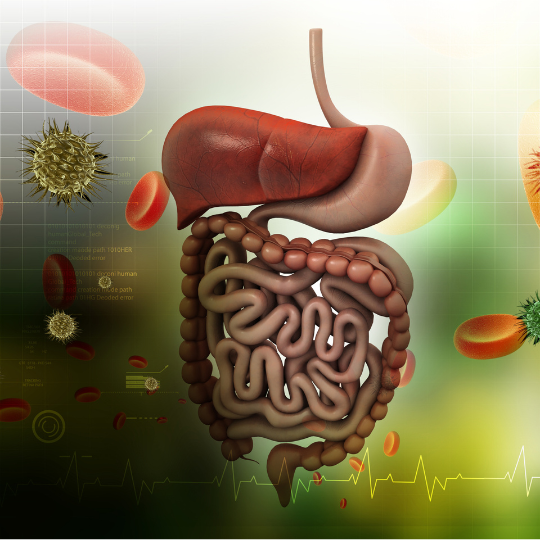Carnitine is an amino-acid like compound, produced in the human body from lysine and methionine, in the presence of, among others, vitamin C, Iron and Zinc. About 98% of carnitine is stored in your muscles.
Diet connection – Impact on ATP
Carnitine’s main role within the body is to aid in the utilization of fatty acids as energy sources. Carnitine is what transports fatty acids into the mitochondria of your cells, where these are oxidized into molecules of ATP, that provide energy for your body. Most likely, without carnitine, the human body would not be able to efficiently utilize fatty acids as energy sources. Even though, it could be argued that given the intelligence of life in general, adaptations would eventually find alternative biochemical pathways for fatty acids’ oxidation.

However, in the complex machinery of intercalated biochemical processes, fatty acids can take an alternative route within the body, than by being oxidized in mitochondria for energy. Whenever carbohydrate intake is high enough, excess glucose that cannot be oxidized or stored as glycogen, is converted into fatty acids for storage. This inhibits the carnitine transporters and enzymes, thus preventing the oxidation of fatty acids in high carbohydrate fed states.
Mitochondrial classification
There are different types of carnitine:
- L-carnitine: this is the standard biologically active form
- D-carnitine: this inactive form of carnitine should be avoided as it may prevent the absorption of L-carnitine by the body
- Acetyl-L-carnitine, or ALCAR: probably most brain-friendly form of carnitine. It crosses the blood brain barrier very efficiently
- Propionyl-L-carnitine: well-suited for circulatory issues
- L-carnitine L-tartrate: useful for muscle soreness and recovery, due to its rapid absorption rate

Benefits: from weight loss to fertility
Given its rate-limiting role in fatty acid oxidation, carnitine is currently being studied for its potential weight loss effect. Studies show that it is efficient in reducing inflammation, increasing fertility and even improving brain function, most notably by reducing depression and symptoms of autism. There is also anecdotal evidence that ALCAR is useful for brain health given it is a precursor of acetylcholine, a neurotransmitter. It also evidently supports functionality of mitochondria within the body.
Energy sources
The best sources of L-carnitine are animal products like beef, pork, fish, chicken and milk. Like with most other substances, food sources of carnitine have absorption rates of up to 5 times greater than supplements. Given its essential role in energy production, for people unable to produce or obtain enough carnitine through diet, it becomes a conditionally essential nutrient.

Wrap Up
At NutriFix we try to balance the ingredients in our products, so that quintessential ingredients like carnitine are also made available. Why don’t you try some of our lunches, like Wild Life, Morrocan Dream or Spicy Korea, that fuel your carnitine stores?











